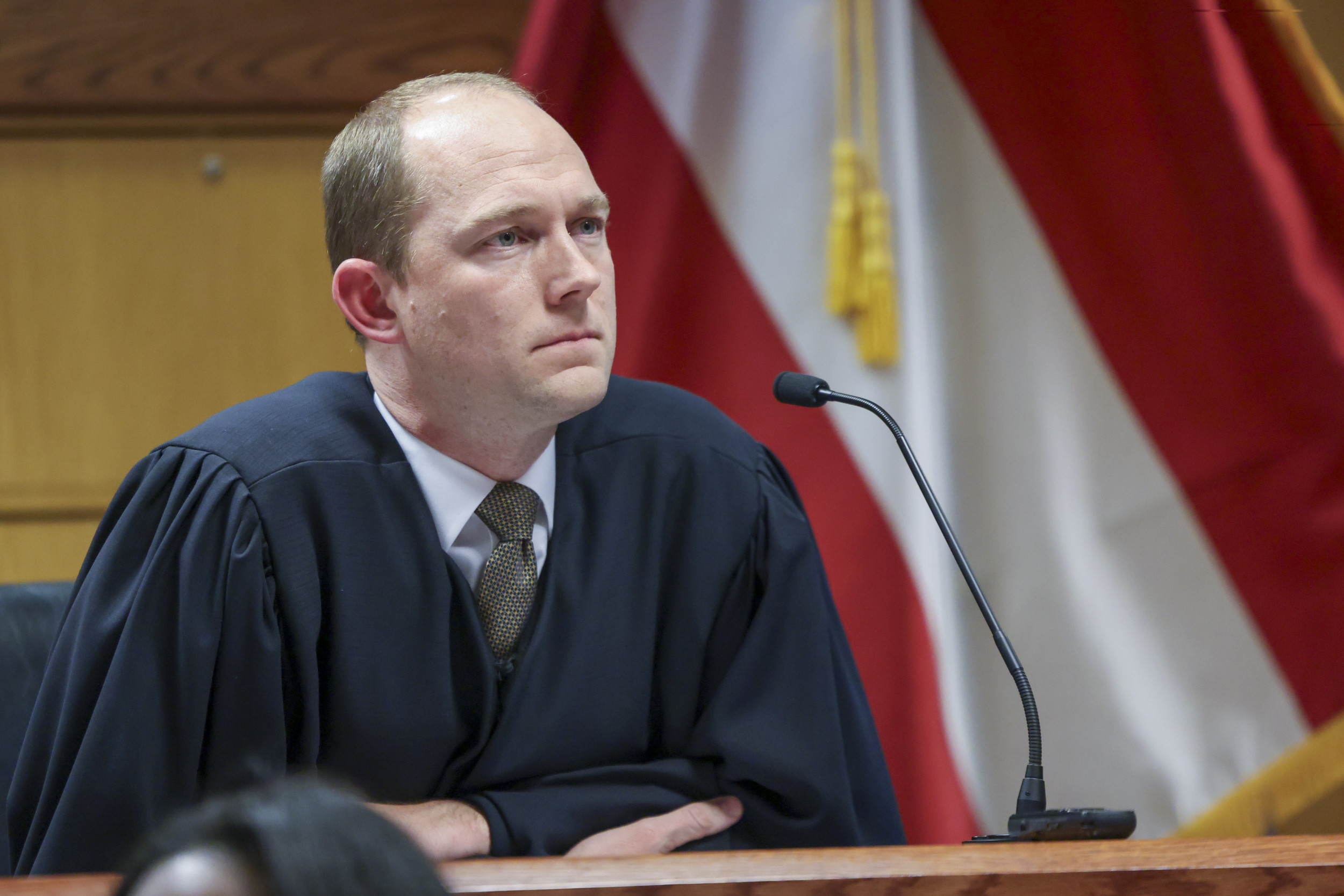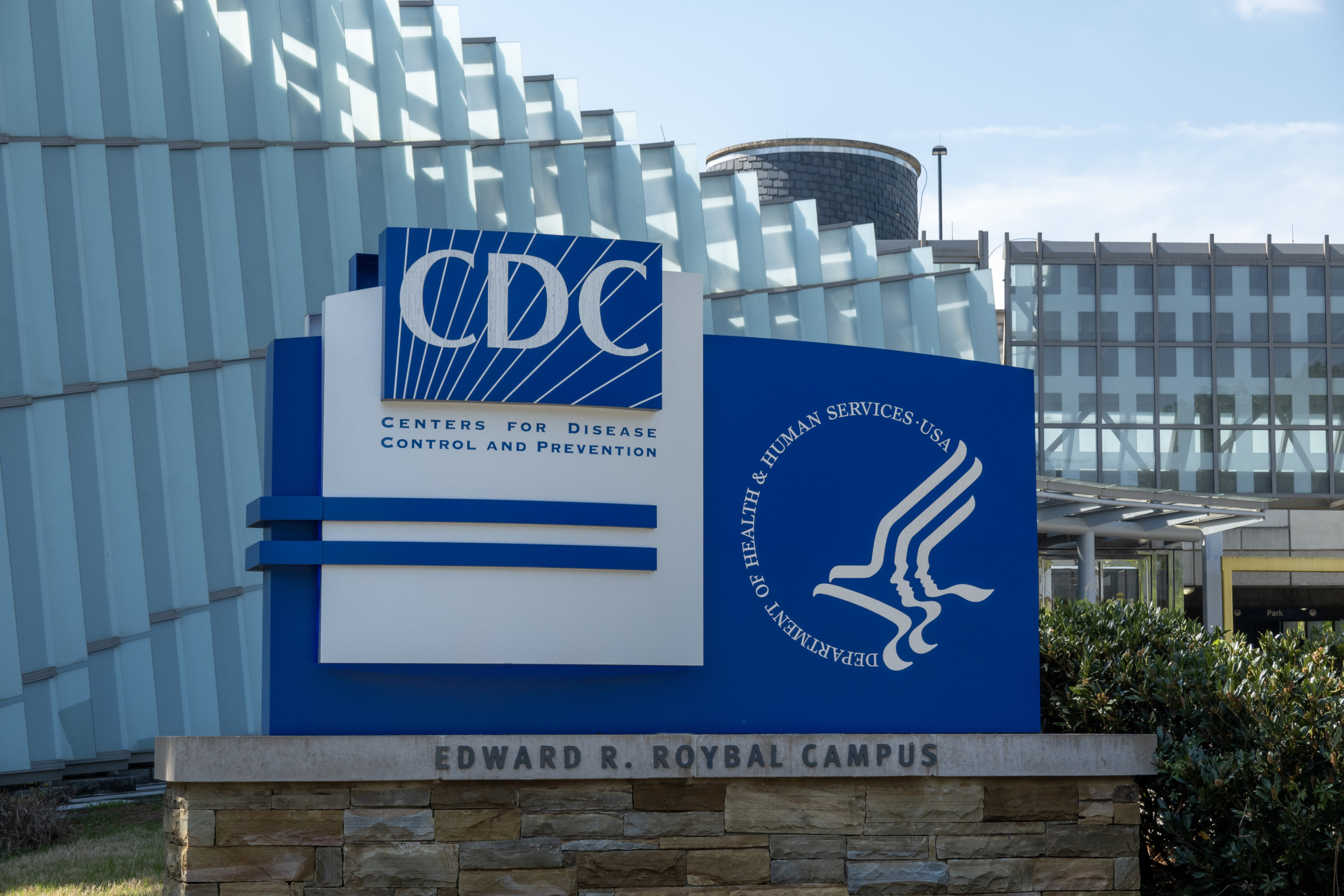Ukraine's bid to join the European Union has left the bloc struggling to square its support for Ukraine with the concerns of western member states, many of which are skeptical of enlargement and wary of setting a precedent of "fast-track" membership.
Member states appear largely open to eventual Ukrainian membership, but division between east and west has arisen as to exactly how and when this might happen.
The road to Brussels is long and, at times, painful for aspirants. The journey can typically take around a decade, involving labyrinthine negotiations and structural national reforms. The shortest process was for Austria, Finland, and Sweden—all took nearly five years to meet the criteria. Negotiations to expand into eastern Europe took more than 10 years.
The existential threat from Russia prompted Ukrainian President Volodymyr Zelensky and his top officials to call for an accelerated process, an appeal which appears to have fallen flat.
The EU has acted with unprecedented speed to begin Ukraine's membership process. But there appears a deeper unwillingness among some western EU nations to throw their substantial weight behind a new wave of enlargement, whether for Ukraine or any of the other nine nations that wish to join.
At the historic EU summit at Versailles, France, in March, EU leaders united in their support for Ukraine to join the bloc. But they have diverged on how and when.
'Fast Track' Trouble
Dutch Prime Minister Mark Rutte has said there is "no such thing as a fast track;" French President Emmanuel Macron said earlier this month that membership could take "decades;" while German Chancellor Olaf Scholz said this week there "is no shortcut on the road to EU membership."
The hesitance of the "big two"—Germany and France—to further enlarge the union is nothing new. Both Paris and Berlin, along with other western EU nations, are skeptical of adding new members.
EU stalwarts are worried of opening the door to nations which have not yet been able to fully curb corruption and organized crime, putting further strain on the EU's budget via structural funds, and likely encouraging more westward migration.

Many of these problems would exist with Ukrainian accession, especially with the scale of reconstruction needed after the war.
Kyiv has made some progress on reforms thanks to its 2014 association agreement with the EU, but full compliance with bloc standards remains a distant goal.
Despite some advocates, fast-track accession does not have much support in the EU.
Even in the Baltic states, top officials have been telling the Ukrainians there is no hope of short-term membership.
But it is the apparent western reluctance towards enlargement, whether fast or slow, that is perturbing their eastern allies.
Enlargement Worries
For some EU nations—particularly those in the east who have so benefited from recent accession and are well aware of the Russian threat—the war on Ukraine trumps institutional concerns.
One Latvian diplomatic official, who did not wish to be named publicly, told Newsweek that a high-level meeting between Latvian and Estonian diplomats took place this week, in which Ukrainian EU membership was discussed.
"The Baltics are strongly supporting this, but we realize Germany, France are not on the same page," the official said. They suggested that the EU's founding members had lost sight of the bloc's raison d'être.
"It would be good to remember why the European Coal and Steel Community was established—those were security reasons, nothing else," the official said. "Not to allow another war in Europe. I think the current times demand the same kind of approach is needed this time around."
"Unfortunately, not everyone sees it the same way. And I know that the idea of EU enlargement in general is rather unpopular in those countries."
The EU has collectively dodged the enlargement question for years. Its "European Neighborhood Policy and Eastern Partnership" both sought to tie eastern aspirants—and other nations—closer to the bloc without having to speed up membership processes.
Applications of Balkan states have languished, though are now being cited by Scholz, Macron and others as reasons not to offer Ukraine accelerated membership. It would, they say, be unfair to those who have been waiting for several years already. Some Balkan would-be members, though, have backed Kyiv's call for fast accession.
Central European nations, too, are keen on adding Ukraine to the EU family. Czechia, Slovakia, Bulgaria, Slovenia and Hungary—which is blocking the union's sixth sanctions package over its economic concerns about the proposed oil embargo—have all urged the EU to open membership talks with Kyiv.
Frustration, Suspicion in Kyiv
Scholz's remarks this week were met with frustration in Kyiv. Ukrainian Foreign Minister Dmytro Kuleba on Thursday condemned what he described as "second-class treatment" by France and Germany.
Macron's proposal of a new "European Political Community"—an as-yet undefined grouping that might offer non-member states enhanced cooperation with the EU—is also unsettling Kyiv.
Ukrainians fear the proposal might maroon them outside the union, leaving the country stuck between east and west with the omnipresent Russia threat looming.
Ukrainian lawmaker Oleksandr Merezhko, chair of its parliament's foreign affairs committee, told Newsweek he remains "suspicious" of Macron's proposal.
"It looks like an attempt to offer Ukraine a dubious substitute instead of full membership in the EU," Merezhko explained. "To me it looks like a polite diplomatic rejection of our joining the EU on a fast track procedure."
Merezhko's foreign affairs committee counterparts in Germany, France, Italy, and Spain this week released a declaration supporting Macron's community, which they said "could serve as an exclusive framework for cooperation between the EU and future member states whose accession still needs time."
The declaration stressed that full membership for Ukraine—as well as Georgia and Moldova, who submitted their applications shortly after Kyiv—"remains the ultimate goal."
Leaders in Kyiv know full membership is not an immediate prospect. Deputy Prime Minister for European and Euro-Atlantic Integration Olga Stefanishyna told Newsweek: "We understand that the road to membership is long."
What Next for Ukraine's EU Bid?
The focus in Kyiv is on obtaining EU candidate status, required to open formal negotiations with the bloc and agree a roadmap to full membership. The European Commission is currently considering Ukraine's suitability, and is expected to publish its evaluation in June. Member states will then have to agree unanimously to extend candidate status to Ukraine.
The Commission's analysis will be published close to the planned EU summit in June. That meeting could prove historic for the bloc if member states decide to either throw their weight behind enlargement or further stymie it.
Merezhko said he is concerned it will be the latter. "I'm afraid it is a declaration on the eve of the EU summit in June as a sort of preparation to reject Ukraine's bid to get status as an EU candidate," he said of the joint declaration issued by the foreign affairs committees of Germany, France, Spain, and Italy.
"As for Germany, France, etc., I get an impression that they have got over the initial shock after Russia's new invasion and are going back to their previous position," Merezhko said.
Stefanishyna is trying to keep the short-term focus on the question of candidate status.
"If the EU is really serious when it talks about merit-based principles, there are no objective reasons for not giving Ukraine candidate status," she said.
"There might be different ideas about the formats of cooperation in Europe. However, it is not connected with EU candidate status, which is an initial step to full integration into the EU."
Ukrainians are hopeful of their chances for candidate status. It would be politically difficult for member states to block the proposal amid Russia's war and public support for Ukrainian membership.
Top EU officials like European Commission President Ursula von der Leyen, European Council President Charles Michel, and EU foreign policy chief Josep Borrell have all made well-publicized recent visits to Kyiv to show their support for Zelensky's government and its cooperation with the bloc.
But Ukrainians are still smarting from the West's collective diplomatic failures. NATO and EU membership are still enshrined in Ukraine's constitution, but progress on both has been slow.
The 1994 Budapest Memorandum—in which Ukraine gave up its Soviet-era nuclear weapons in exchange for security assurances—proved hollow, forcing Ukrainians to fight for their sovereignty.
"It is crucial nowadays not to repeat a mistake that has been made in Bucharest in 2008," Stefanishyna said, referring to the NATO summit where Ukraine's eventual membership was agreed by alliance members but Kyiv was not given a Membership Action Plan; a roadmap to full membership.
"Formalization of Ukraine's aspiration in candidate status will strengthen the union, showing its commitment and unity," the deputy prime minister said.
Uncommon Knowledge
Newsweek is committed to challenging conventional wisdom and finding connections in the search for common ground.
Newsweek is committed to challenging conventional wisdom and finding connections in the search for common ground.
About the writer
David Brennan is Newsweek's Diplomatic Correspondent covering world politics and conflicts from London with a focus on NATO, the European ... Read more





